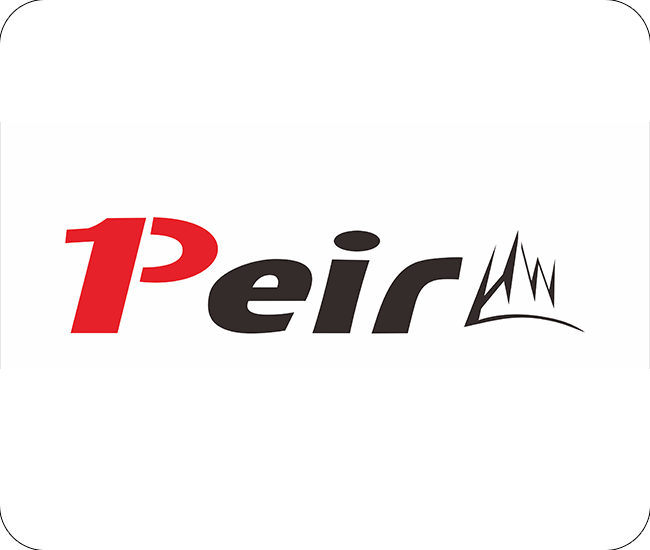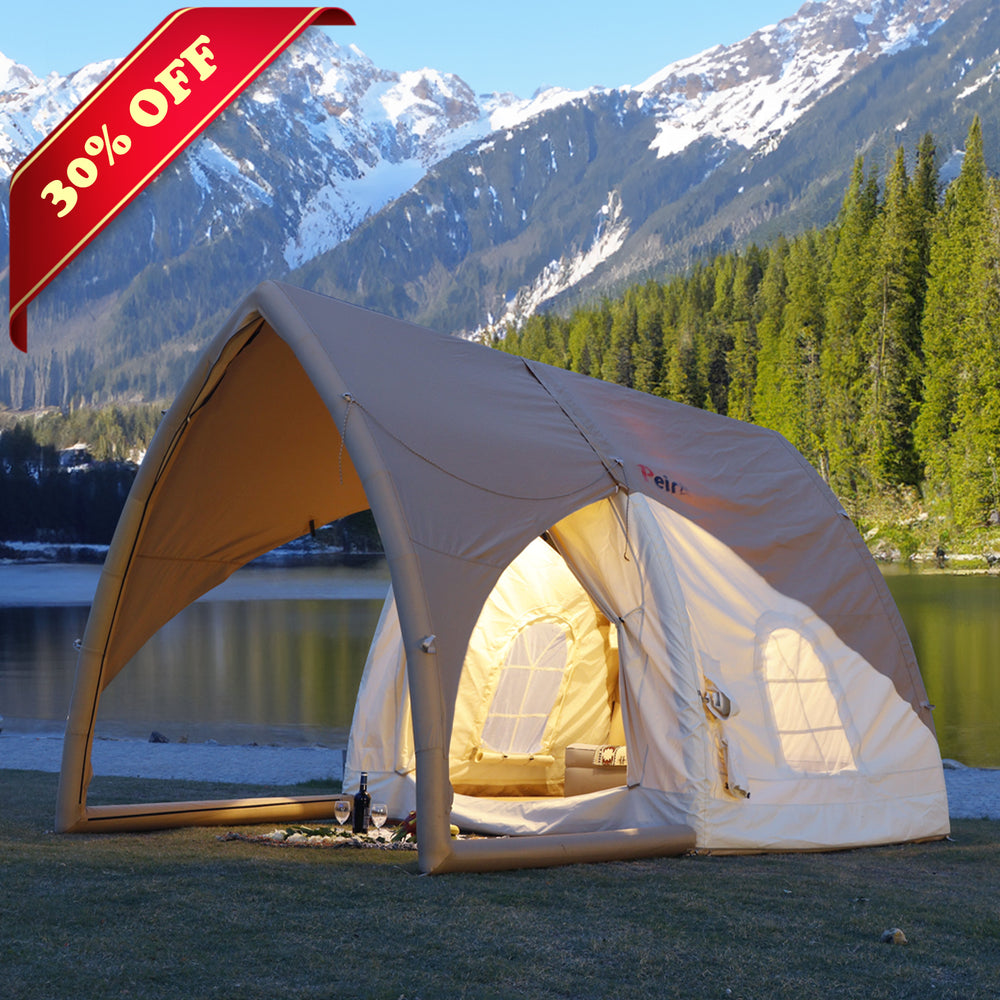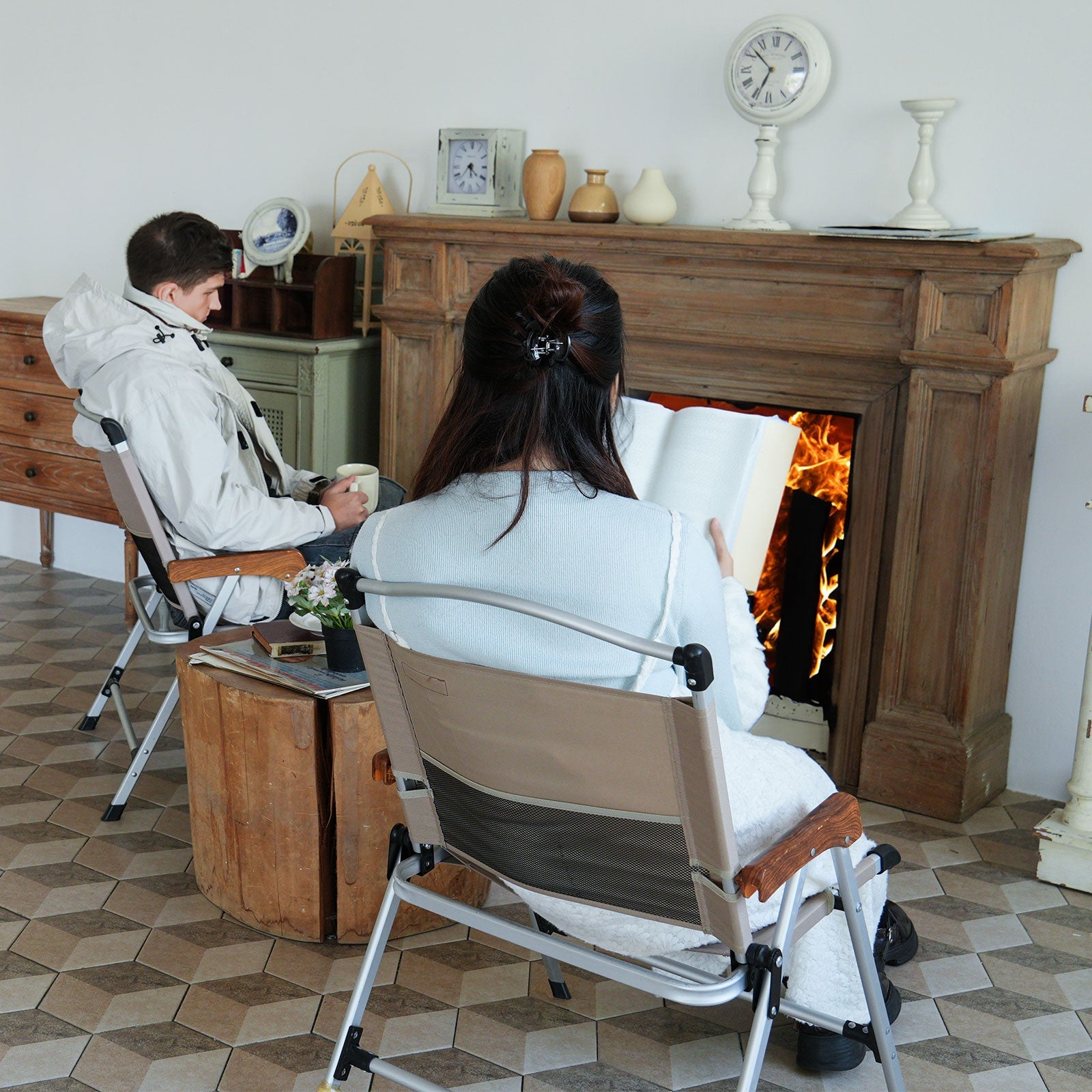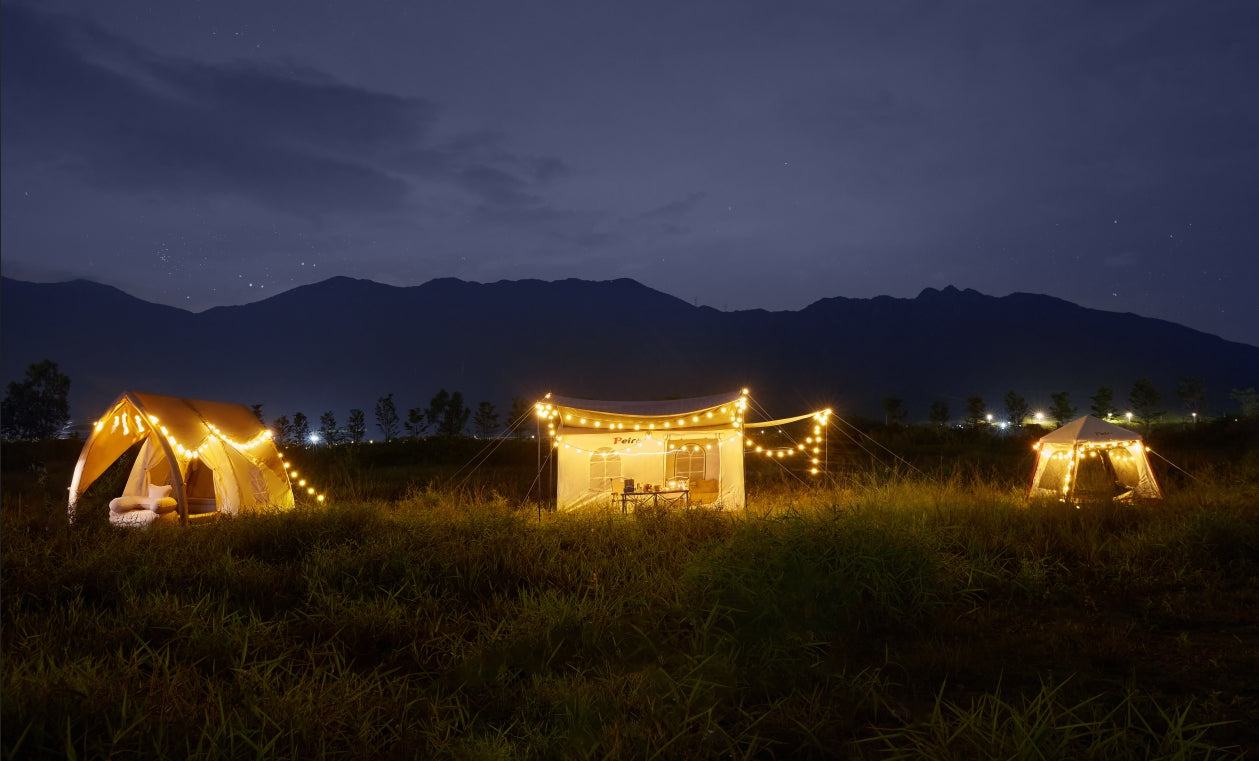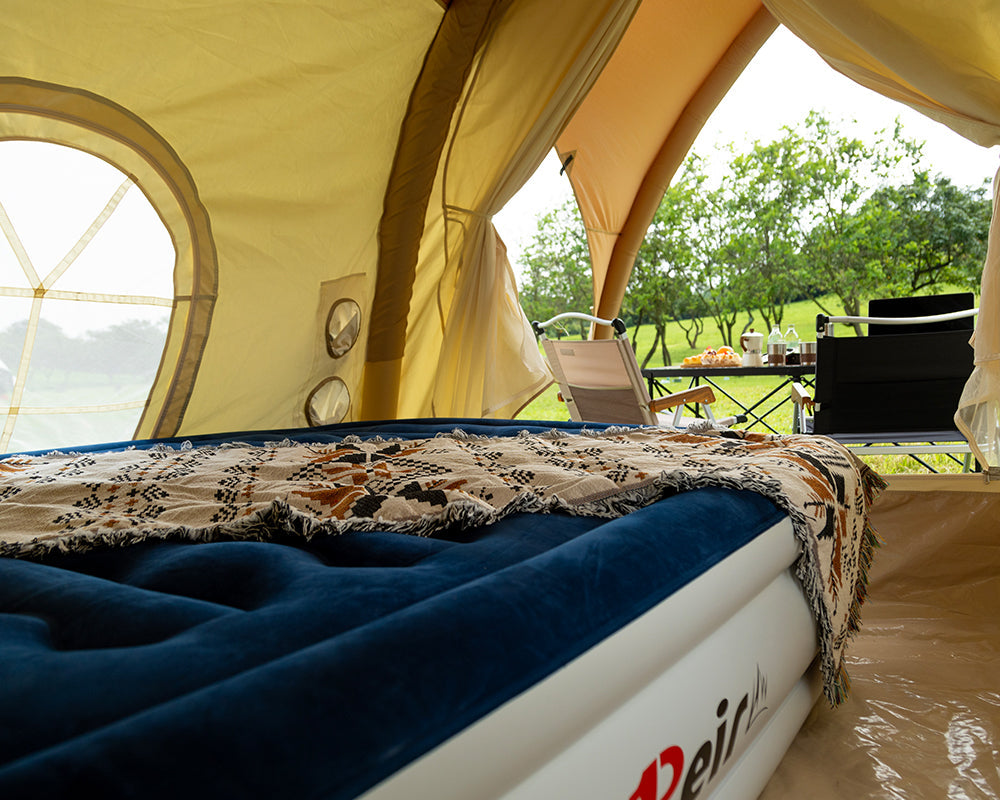Inflatable tents, or air tents, have been growing in popularity over the last few years. Here's everything you need to know about these time-saving tents. On the surface, inflatable tents look very much like standard tents. However, there’s one key difference: rather than having metal or fibreglass poles, air tents have inflatable beams that are pumped up to support the shell of the tent.
This innovative design has sparked a revolution in camping, offering a compelling alternative to traditional pole tents. Below, we dive into the specific advantages of inflatable tents over their traditional counterparts, drawing from expert insights and real-world experiences shared across reputable sources.
Advantage 1: Ease and Speed of Setup
One of the most significant advantages of inflatable tents is how easy and quick they are to set up. Unlike traditional pole tents, which often require several people and a fair bit of time to assemble, inflatable tents can typically be pitched by a single person in a matter of minutes. For example, Peirhw inflatable tents feature a fast-inflation system, allowing you to spend less time struggling with tent poles and more time enjoying your camping experience.
Pitching an inflatable tent couldn’t be easier. Simply attach the pump and then it should only take a couple of minutes to inflate each air beam. Once the tent is fully inflated, double-check that all of the air valves are firmly closed and then secure your tent to the ground with the guy ropes and pegs.
With an inflatable tent, all you need is a pump, a few minutes of your time, and voila! Your cozy abode for the night is ready! The simplicity of this process not only saves you time and effort but also reduces the risk of losing crucial parts or damaging your tent in the process.
Traditional tents, by contrast, often involve threading poles through sleeves, aligning them correctly, and wrestling with tangled components—an ordeal that can take significant time and effort, especially for solo campers or in adverse weather conditions.
Advantage 2: Durability and Weather Resistance
It’s durable. Although an inflatable tent may seem flimsy at first glance, it really isn’t. Air tents are made from high-quality materials and are designed to withstand harsh weather conditions. This means that such a shelter will serve you for a long time and is also an excellent option if you like camping at different times of the year. Therefore, the durability of inflatable shelters is another advantage, especially when compared to most common traditional tents.
Inflatable tents are designed to be highly stable, even in challenging weather conditions. The air beams provide a level of flexibility that traditional poles lack, allowing the tent to withstand strong winds without the risk of breaking or bending poles. This flexibility makes inflatable tents a great option for camping in unpredictable weather.
This is another area where a traditionalist might assume that a pole tent offers more protection, but if you’re camping in extreme weather, you might actually prefer the inflatable option. Due to its built-in beams, rather than poles, the inflatable tent will flatten in a strong wind which would otherwise run the risk of snapping your tent poles and even ripping the fabric.
Unlike traditional tents, where a snapped pole can render the structure unstable or unusable, inflatable tents distribute stress evenly across their air-filled beams, reducing the likelihood of catastrophic failure and enhancing longevity.
Advantage 3: Enhanced Comfort and Space
Inflatable tents often provide more usable space than traditional pole tents. The air beams create a more uniform shape, maximising interior space without compromising stability. Additionally, many inflatable tents, including Peihrw models, come with multiple rooms, large living areas, and additional features like panoramic windows, built-in groundsheets, and improved ventilation, offering a more comfortable camping experience.
Comfort is a top priority for many campers, and inflatable tents deliver in this aspect. These tents often feature built-in air mattresses or inflatable floors, providing a comfortable sleeping surface without the need for additional bedding.
I’ll add another comfort feature to the list – tons of windows. Again, while every tent is different, most of the ones I’ve tested have had huge windows that make the tent light, bright, and airy. In fact, many inflatable tents have clear panels on the roof, allowing even more natural light inside. Better still, these panels afford you a nice view of the night sky so you can sleep under the stars with the advantage of being protected from the elements.
Advantage 4: Portability and Packing Efficiency
In general, an inflatable tent will be lighter than a traditional tent of the same size. This is because it does not have any poles – often the weightiest part of a tent. While there may be more fabric with an inflatable tent these are simply empty tubes that will later be filled with air. Air tents usually pack down into just one bag. That means you only have one tent bag to remember to put into your car when you are setting out on your camping trip. If you have a traditional tent, the poles and fabric can often be in separate bags and it is all too easy to leave one at home.
And while they are heavy, inflatable tents at least pack down into a very small form factor (for their inflated size, anyway), so you can easily add one of these tents to your overlanding or camping setup without sacrificing a huge amount of space in your vehicle or trailer.
Advantage 5: Reduced Risk of Component Failure
Inflatable tents replace the traditional poles with inflatable beams that are integrated into the tent itself so there’s no worry of poles getting broken in transit, setup or bad weather. Of course, there are other things that can go wrong, like forgetting the pump, but we still consider this to be a hefty advantage.
A missing or broken tent pole can definitely put a damper on your camping experience, from making your tent less stable to tearing at the fabric meaning a cold night and a costly repair.
Additionally, the absence of traditional poles eliminates the risk of bent or broken poles, ensuring a longer lifespan for your tent.The elimination of poles not only simplifies setup but also removes a common point of failure in traditional tents, making inflatable tents a more reliable choice for long-term use.
Evolution of Camping Technology
Traditional tents have long been a staple in the camping industry, but inflatable tents have revolutionized the way we camp. Inflatable tents, as the name suggests, are tents that can be inflated using air instead of relying on traditional poles. This innovative design has made camping more accessible and hassle-free for many people.
Maintenance and Care
To ensure the longevity of an inflatable tent, it’s essential to regularly check for and repair any leaks or punctures. Storing the tent dry and clean to prevent mold and mildew is also crucial.
Luckily, many reputable brands equip their tents with repair kits, including essentials like glue, patches, and tapes. This means you can handle repairs on the spot during your adventure, keeping your tent functional throughout the trip.
Ideal Use Cases
Inflatable Tent: Ideal for campers who prioritize ease of setup and takedown. An inflatable tent house is particularly suitable for family camping, festival camping, and short stays where convenience is key. Traditional Tent: For backpacking, extreme weather conditions, or long-term durability without the need for maintenance, traditional tents with their proven track record may be the better choice.
FAQ:
Q: Are inflatable tents as strong as traditional tents in windy conditions?
When you think of inflatables, you think of the beach shop at the seaside with all those dinghies and inflatable crocs etc. going wild in the wind, right? Don’t worry, the beams on these tents inflate to become really quite sturdy. These tents have pitched outside our stores over a whole summer (and you know how unpredictable the British summer can be) with minimal issues.
Q: What happens if an inflatable tent gets punctured?
For this type of tent to be as sturdy as they are, they have to be made from a hard wearing material, this ensures that they aren’t as easy to puncture as you might think. However if punctures do occur, they’re simple to fix (unlike a pole snap) – simply use the repair kit provided, much like you would a bike tyre.
Q: Are inflatable tents worth the higher cost?
Despite their higher price point compared to traditional tents, their ease of use and quick-pitching capabilities make them worth considering.
Q: Can one person set up an inflatable tent?
Pitching and taking down an inflatable tent is a single-person job. It’s also kinder on your back than putting up a pole tent – ideal for people who are less mobile.
Q: How do inflatable tents compare in weight to traditional tents?
Inflatable tents are generally heavier than their traditional counterparts due to the advanced materials and technology required to make the air beams both lightweight and durable. However, the ease of use, durability, and additional comfort features can often justify the higher price.






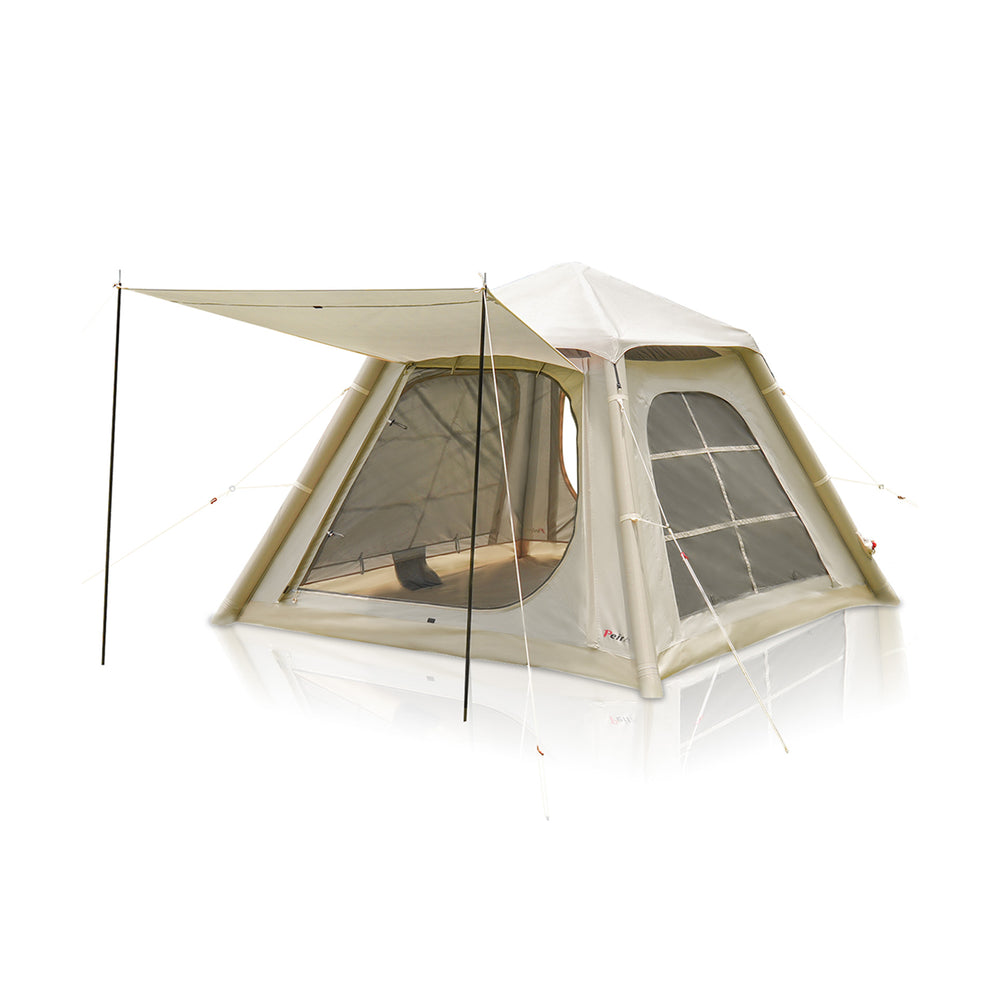
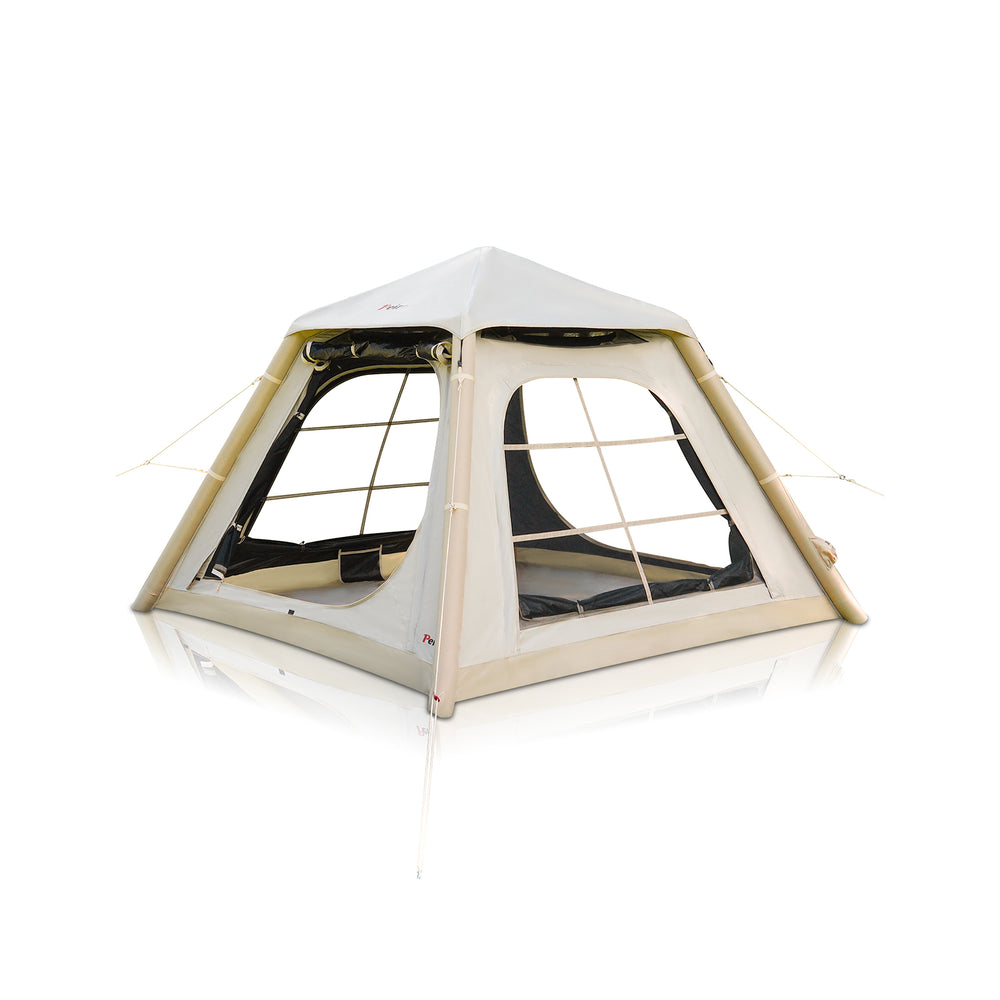
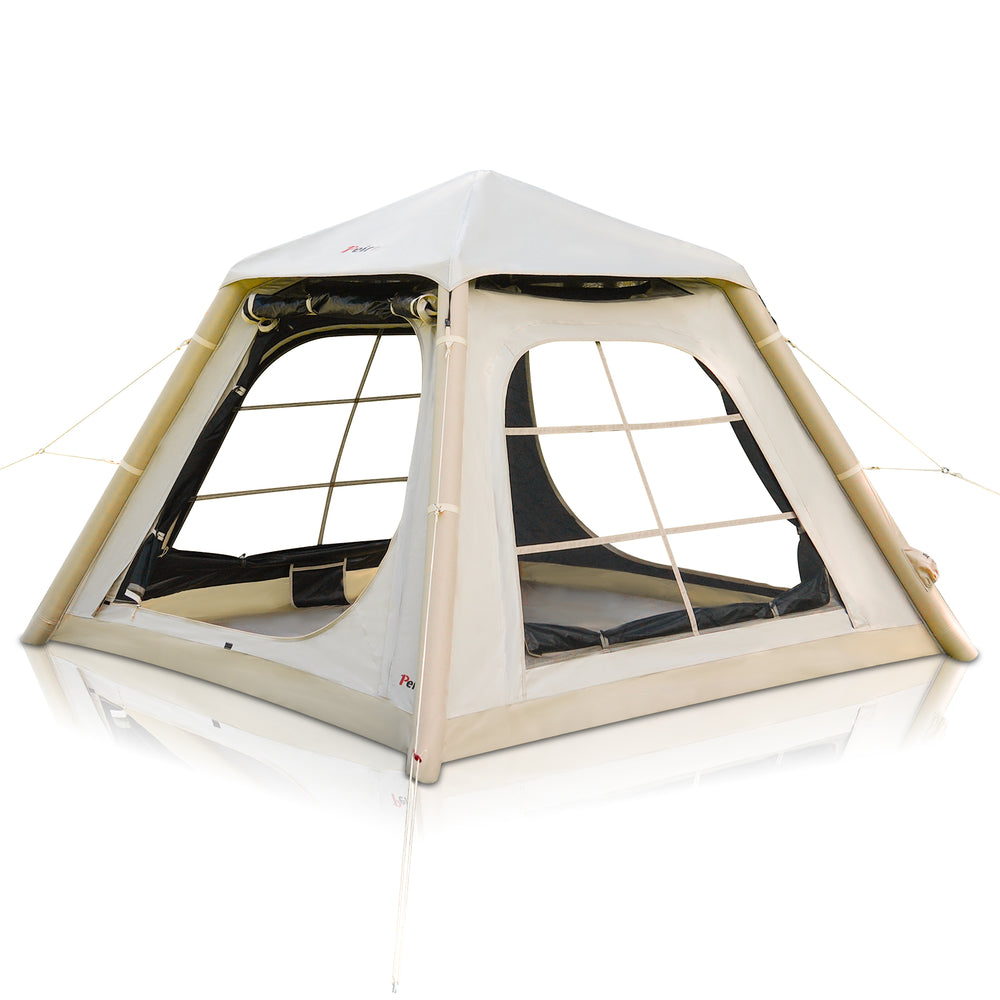
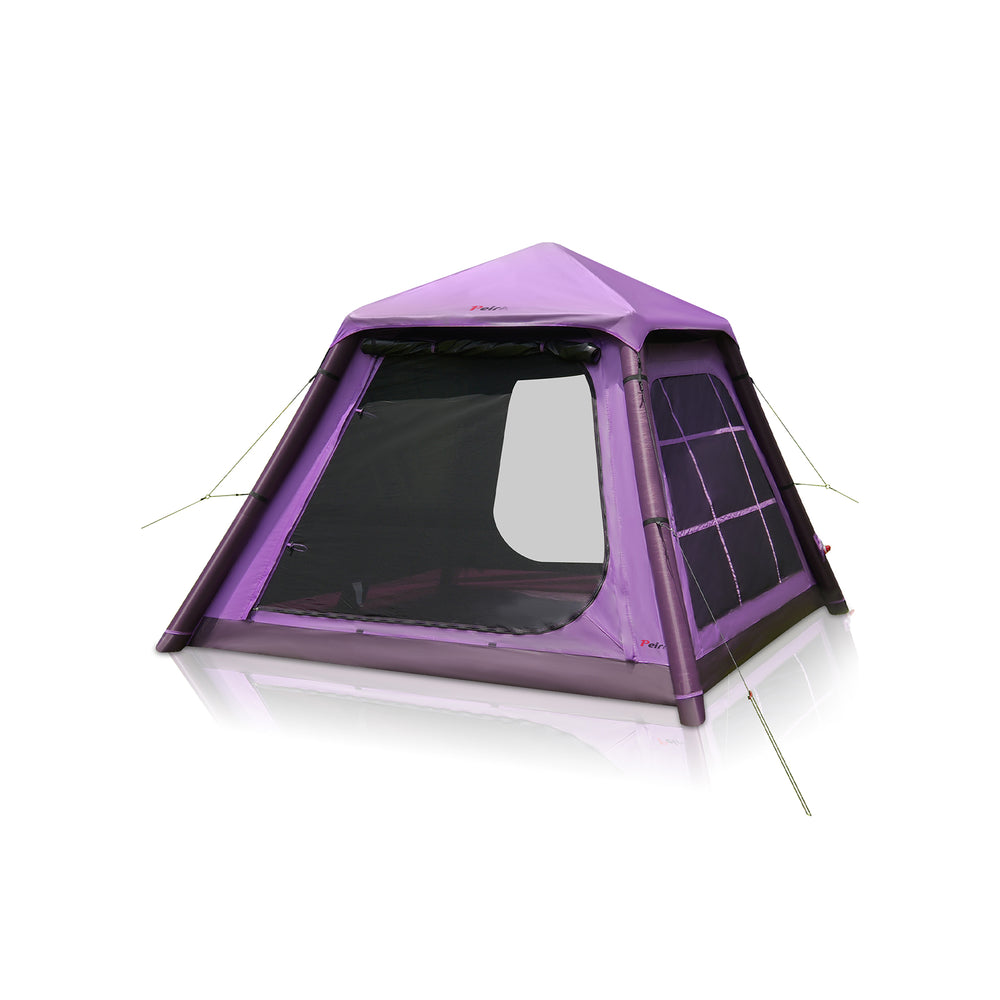


 Peirhw Inflatable House Tent - Starry Night Love
Peirhw Inflatable House Tent - Starry Night Love
 Peirhw Glamping Tents - Friendship Castle
Peirhw Glamping Tents - Friendship Castle
 Peirhw Inflatable Canopy Tent - Adventurer
Peirhw Inflatable Canopy Tent - Adventurer

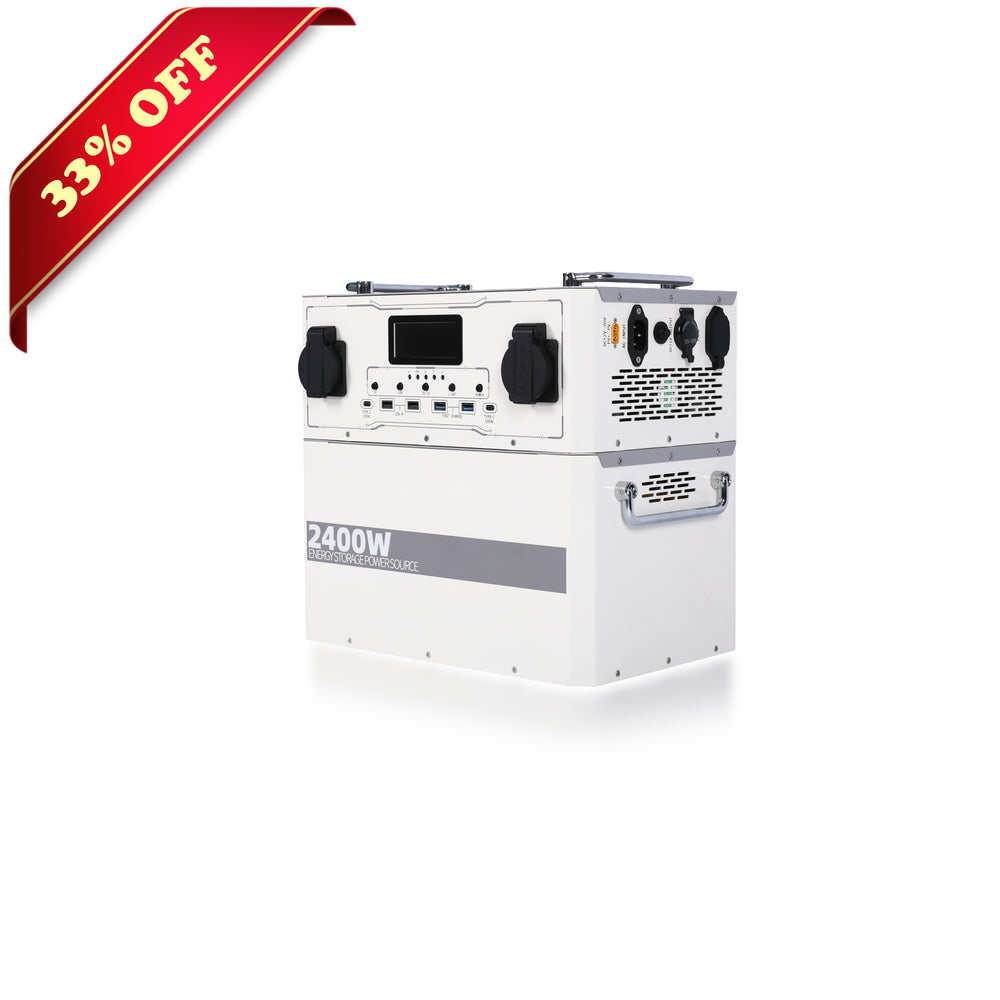
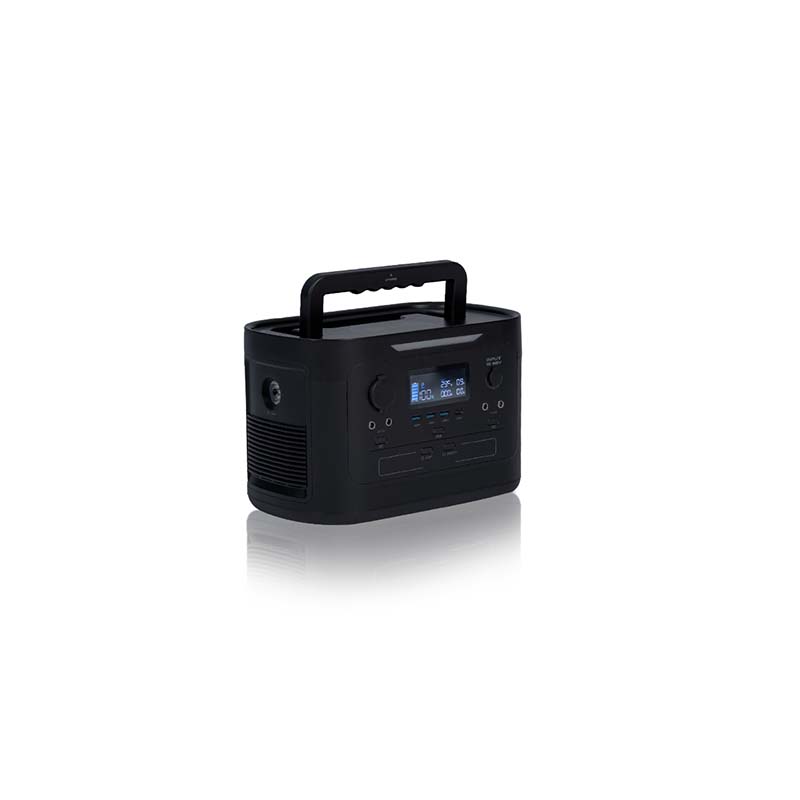
 Peirhw Portable Air Conditioner
Peirhw Portable Air Conditioner
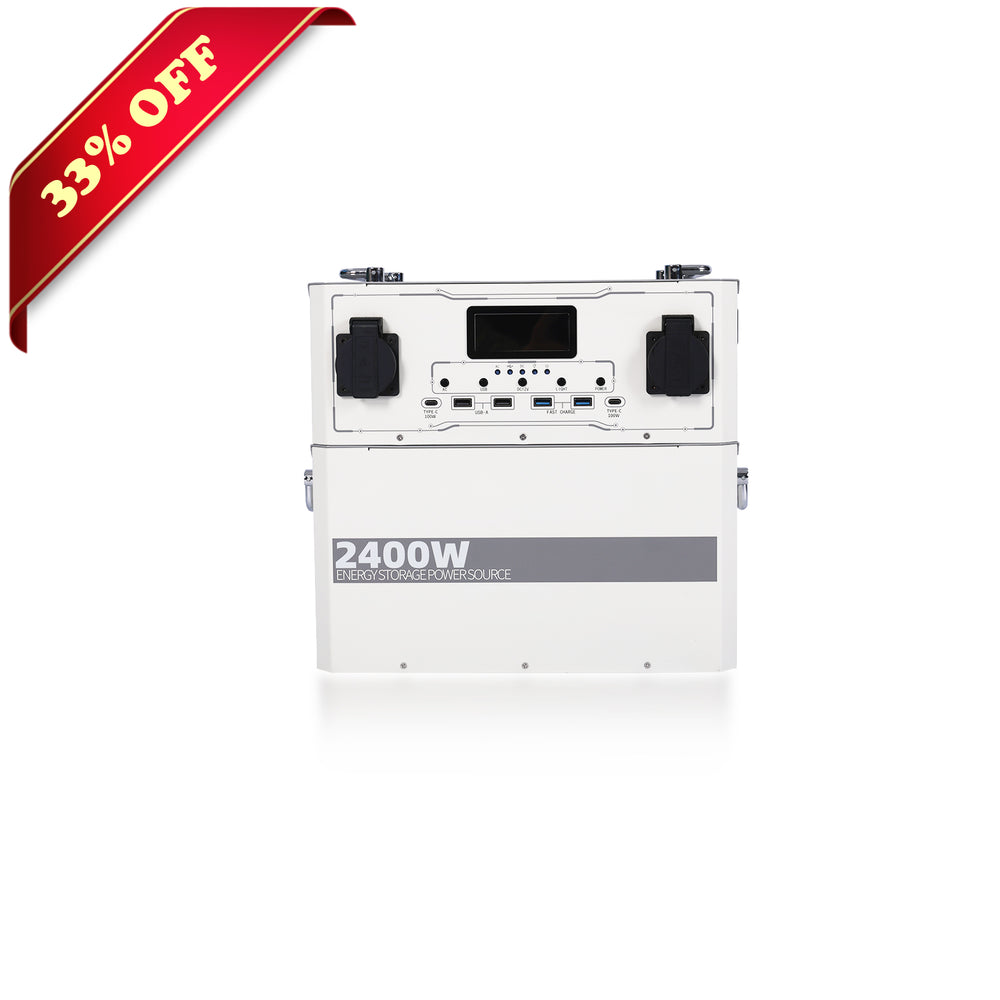 【Advance Sale】Peirhw Portable Power Station 2400W
【Advance Sale】Peirhw Portable Power Station 2400W
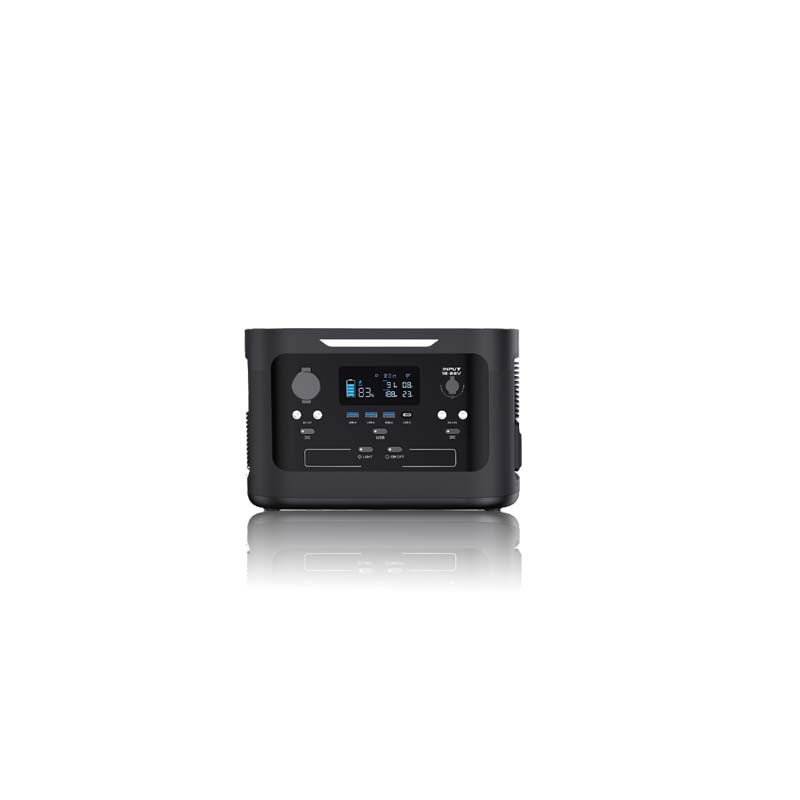 【Advance Sale】Peirhw Portable Power Station 600W
【Advance Sale】Peirhw Portable Power Station 600W





 Peirhw Self Inflating Sleeping Pad
Peirhw Self Inflating Sleeping Pad
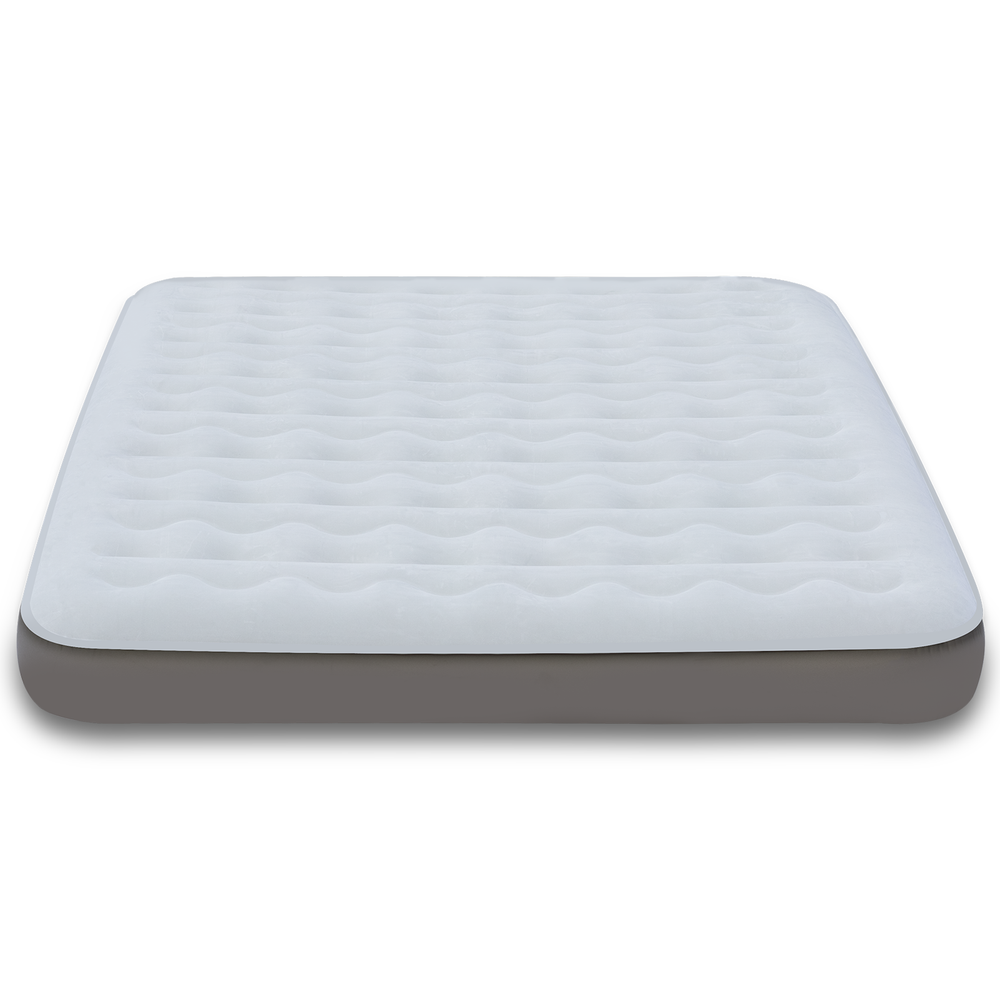 Peirhw Air Mattress (8" Queen Type)
Peirhw Air Mattress (8" Queen Type)
 Peirhw Camping Sleeping Bag
Peirhw Camping Sleeping Bag


 Peirhw Butterfly-shaped Canopy for Camping
Peirhw Butterfly-shaped Canopy for Camping
 Peirhw Camping Waterproof Canopy (Cannot be Purchased Separately)
Peirhw Camping Waterproof Canopy (Cannot be Purchased Separately)

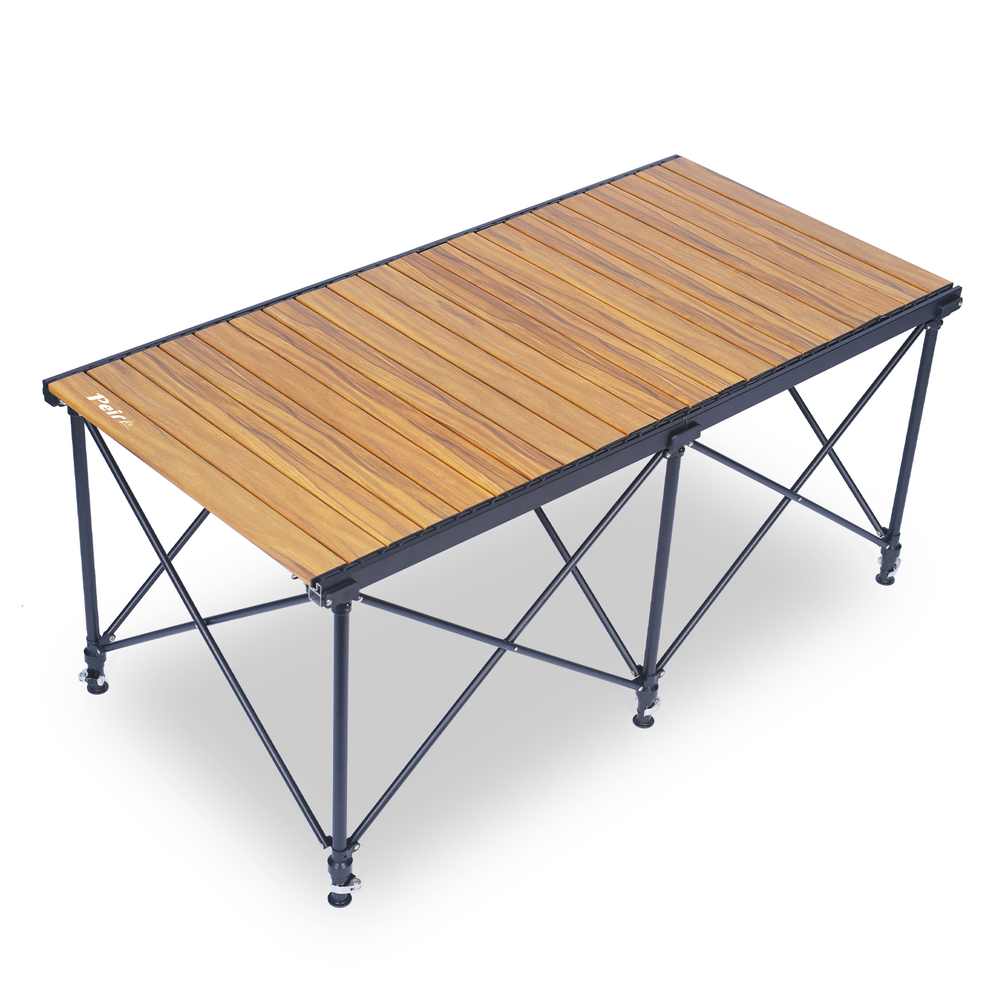
 Peirhw Outdoor Folding Chairs
Peirhw Outdoor Folding Chairs
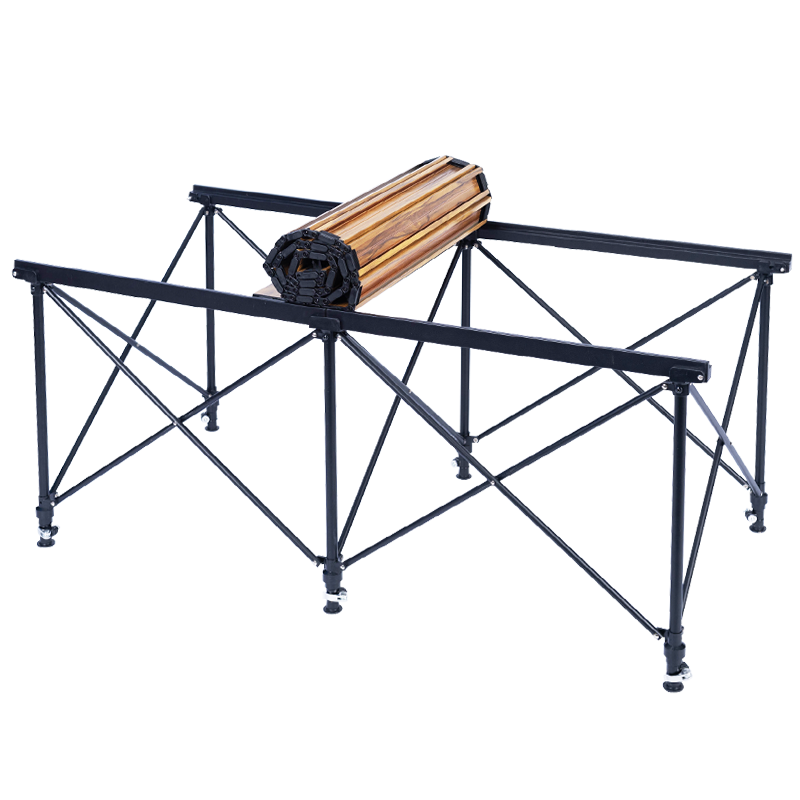 Peirhw Folding Camping Table
Peirhw Folding Camping Table
